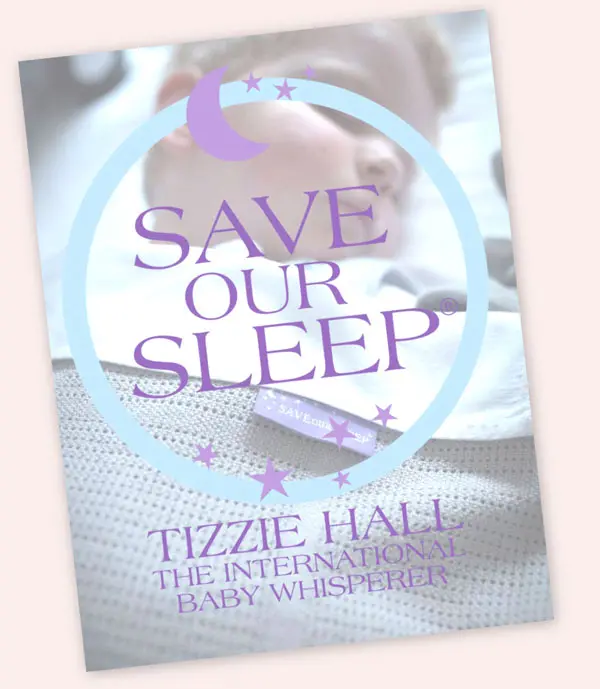When children under six years are offered a cup of milk or water at the start of their meal they have a habit of drinking it all. Because their body does not know the difference between water and solid food, they fill up on liquid and have no room left for their meal. As adults we sip drinks while we eat our food. This is a learned skill. To teach your toddler these skills only offer her a drink after she has eaten three-quarters of her meal and then only a sip of milk or water.
I always remember this rule while at home but when we’re out and about I often forget. Then when the food arrives they often eat very little because their tummies are little and full of water. It is a good idea to get in the habit of teaching your child from a young age to take small sips and to wait until after her meal to have a big drink. As with all rules, the sooner you start the earlier it is to put in place. For this reason I would start this rule as early at 9 months.
I know some of you reading this might think your nine-month-old barely drinks anything so I will include some of my water advice below to help you.
From birth until sixteen weeks, when your baby starts solids, she will get enough water from her breastfeeds or bottle-feeds as long as she feeds until full. If your baby cries after a breastfeed or drains the bottle, you should offer her more.
Once your baby starts solids she will still get enough water from her food and milk feeds. If you are following my advice you will be adding breastmilk or formula to her meals, which will also ensure she has enough water in her diet. Babies and young toddlers should only be offered small sips while they are eating; otherwise they will fill up on water and won’t eat enough to satisfy their hunger, potentially causing catnapping and night waking.
I get contacted by many clients who are worried their little one isn’t drinking water from a cup.
It is very common for a baby not to start drinking from an cup until they are over ten months old. It is important to offer water to your baby in a cup so she gets used to the cup and attempting to drink but your baby might not start properly drinking the water until she is ten months or older. Try to encourage her to drink it. You can try a few things to help make water more tempting. Try serving it cold from the fridge or use a water purifier. Try giving her partly melted ice cubes to suck or a clean bamboo or cotton square soaked in fresh water for her to suck while in the bath. This will get her used to the taste.
While there is debate on when you can stop boiling water for your baby’s formula or drinking water, nutritionists recommend you continue using boiled water until twelve months of age if you are on town water. If you are using tank water, please talk to your maternal child health nurse about when to stop boiling your baby’s water.
Non-carbonated, bottled water is safe for babies and toddlers to drink and is in fact essential when you travel by plane or overseas. Once you have passed through security you can buy bottled water to take on the flight, or ask the flight attendant for a sealed bottle of water to make up the formula during the flight. When buying bottled water overseas always make sure the bottle’s seal is intact before you give it to your baby. And make sure you buy the water from a reputable store. In some developing countries bottles can be refilled with tap water or water from a local stream or river and sold as commercially bottled water.
If you live in an old house I would recommend you have the pipes inspected to find out what they are made of. If you have lead pipes and aren’t planning on getting them replaced for some time, I would advise you turn on the tap and let the water run for a while before filling the kettle with water to boil for your baby’s bottles. This will ensure any lead that has leached into the water while sitting in the pipe is flushed out.
For more information consider my Save Our Sleep Feeding book:
From breast feeding, bottle feeding, routine feeding or demand feeding newborns through to weaning and healthy eating in toddlerhood, Save Our Sleep Feeding provides a wealth of new information specific to food and feeding for long-time Tizzie fans and new readers alike.
The detailed advice in this book covers feeding babies and toddlers, as well as addressing common problems such as reflux, allergies and food refusal. Save Our Sleep Feeding offers sound advice on when it’s safe to introduce different foods and features a collection of tried and tested recipes to encourage your child to be a life-long healthy eater.

Join our newsletter and receive a FREE download of the world famous Save Our Sleep Safe Bedding Guide delivered straight to your inbox!
PLUS you will also receive a thank you gift offer shortly after.